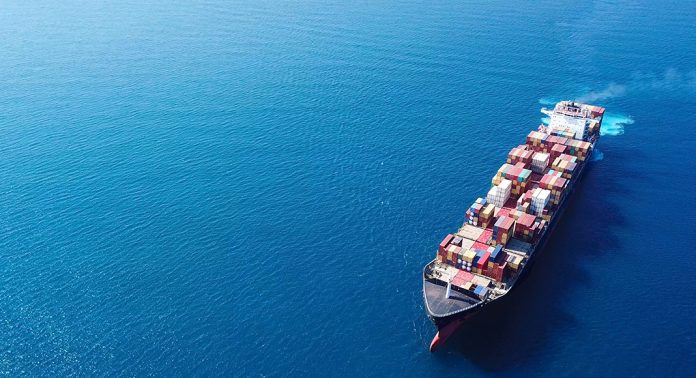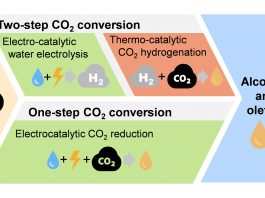Machine learning-based app to cut shipping emissions and fuel costs by providing captains with information on changing sea conditions.
In collaboration with Shell Shipping and Maritime, scientists from the University of Southampton (UoS) have developed a digital dashboard that can help ship captains respond to changing sea conditions and reduce fuel consumption. Researchers predict that this new app can save over 250,000 tonnes CO2 emissions by applying machine learning to its predictive system.
The UoS app, named Just Add Water (JAWS), interprets the depth and angles of a ship to optimise the amount of fuel needed in any situation. Engineers trailed the system on a fleet of natural gas carriers for 12 months. The results of the trial suggest that the carriers cumulatively saved over 250,000 tonnes of CO2 emissions, reducing fuel costs by $90m.
Whilst studying for her PhD, Amy Parkes from the University of Southampton developed this new modelling technique. She said: “LNG carriers have a large surface area so wind, waves and current can make a huge difference to the amount of power required in a journey. These ships can be high or low in the water, at different angles in the water and have different levels of fouling, which impacts the amount of energy used for them to move around.
“Shell collects an enormous amount of data from these vessels and this app is designed to monitor and adapt to these variables to save power without changing the ship’s overall speed.”
Shipping emissions on the rise
A new study published by the International Maritime Organisation (IMO) found that greenhouse gas emissions from shipping have increased in the last three years. The IMO report also suggests that by 2050, emissions from this sector are expected to rise by 90-130%. These figures are based on trends in shipping,
Co-author, Dr Tristan Smith (UCL Energy Institute), said: “You have to start by getting GHG accountancy right and this has proved a perennial problem for the shipping sector. Most countries, including the UK, continue to count shipping emissions inaccurately, for example, on the basis of fuel sold to shipping as opposed to actual voyages and activity.
“Poor accountancy creates persistent underestimation of the magnitude of responsibility and role that should be taken nationally to decarbonise shipping. Hopefully this study will encourage countries to look again and bring shipping firmly into their national GHG policy and action.”









